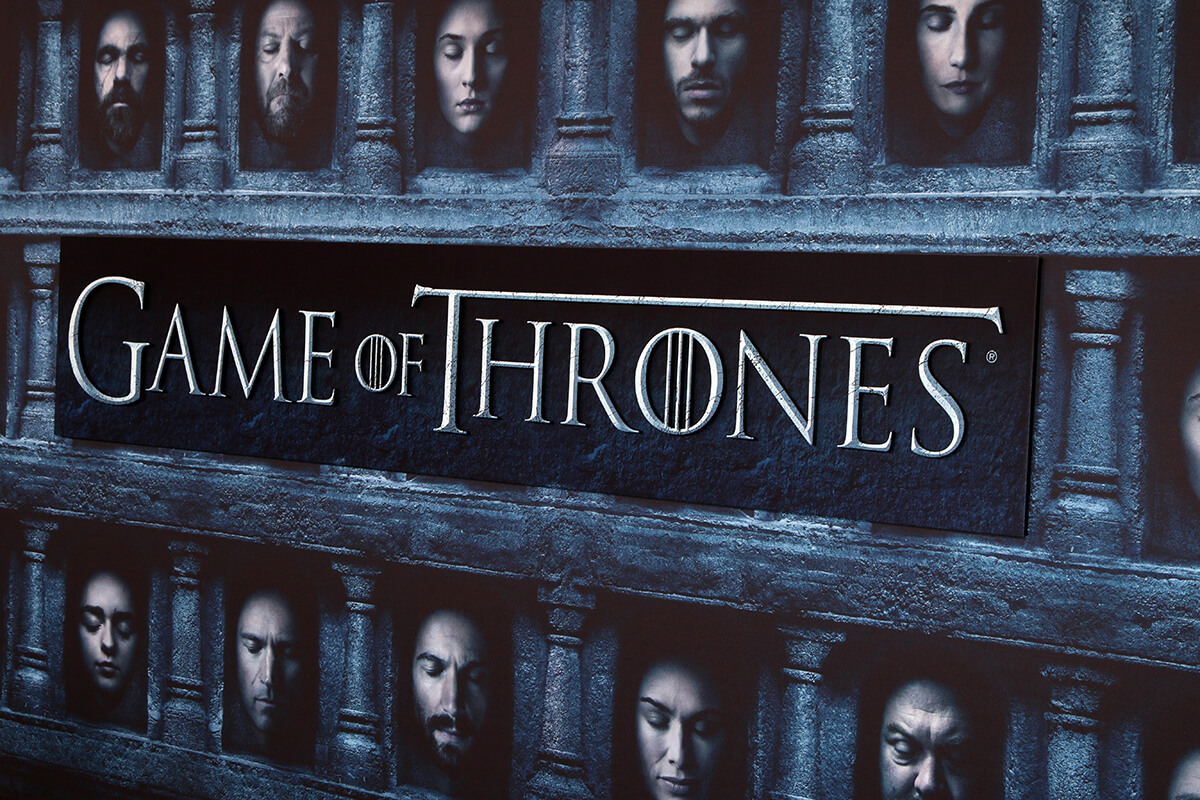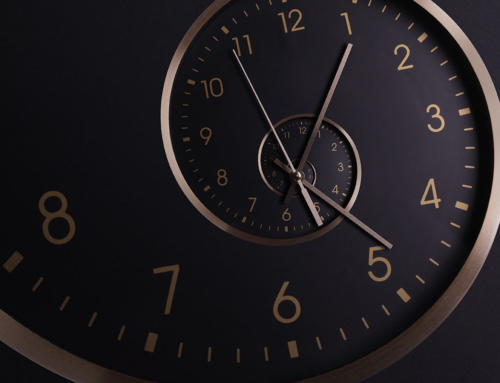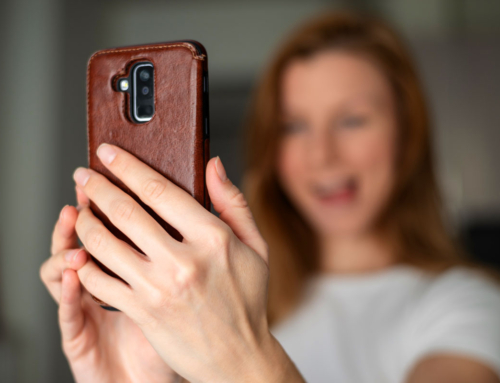HBO hardly needs to work to get folks to tune in for the eighth and final season of Game of Thrones. The highly anticipated six-episode season debuted this past Sunday and drew 17.4 million viewers.
Game of Thrones is unlike anything television has ever seen: A truly global blockbuster with intricate and complex storylines matched only by its breathtaking production value.
If you happen to be one of the few who doesn’t watch, first of all, get with it. But, secondly, don’t worry. Admiring the marketing to promote a show that basically promotes itself does not require an intimate knowledge of the Seven Kingdoms.
HBO’s marketing budget for this final season of Game of Thrones is reportedly a whopping $20 million. The show’s fan base is not only massive, but also loyal. Remember last year when 3 million of them tuned in via Facebook Live to watch ice melt?
It makes sense then that any marketing campaign would be aimed at delighting those who have made the show what it is and celebrating the ending of an era: “We felt an enormous sense of responsibility to celebrate what’s arguably the best show in the history of television,” says Zach Enterlin, executive VP of program marketing of HBO.
The resulting multifaceted campaign is nothing short of incredible.
HBO partnered with the American Red Cross to create a SXSW “immersive activation” experience in which guests could donate blood and then “walk in the steps of the characters who bled and relive their sacrifices as part of the experience.”
Next, in what might be quite literally history’s greatest scavenger hunt, HBO hid six Iron Thrones around the globe and asked viewers to find them. The thrones have been found in Sweden, England, Spain, Brazil, Canada and NYC.
Lastly, 18 artists crafted original pieces from Game of Thrones props in what are the most beautifully nerdy masterpieces the world will ever see.
Of course, there’s more: A Bud Light commercial, branded Jonnie Walker whiskey (aptly named White Walker), a secret Shake Shack menu (complete with a Dragonglass Shake), a specialty series of beers from Ommegang, limited edition NYC MetroCards … even a line of custom embossed Oreos.
The partnership between Game of Thrones and Oreo is an unlikely one. After all, one might have a difficult time reckoning the show’s mature adult themes (you know, brutal death, sexual violence, incest and torture, to name a few) with America’s most wholesome and beloved cookie, and yet, here we are. The same could be said for the American Red Cross, an organization’s whose mission is saving lives … a mission slightly contradictory to Game of Thrones’ ethos.
As marketers, there’s something very interesting and worth noting about these unions. Oreo and the American Red Cross did not fall backwards into this significant cultural moment, as brands sometimes do (looking at you, Red Lobster), they (likely) actively sought HBO.
Were these partnerships risky? Maybe if they’d been made in season one (R.I.P., Ned Stark). But somewhere along the way we hit a turning point (Red Wedding, anyone?), and Game of Thrones became so ubiquitous that the reward for scoring a marketing partnership with the show greatly outweighed any potential risk. Season eight partnerships haven’t so much as raised an eyebrow.
What’s this say about the marketing strategies of Oreo and the American Red Cross?
That they’re to be lauded for masterfully inserting themselves successfully into a huge pop culture moment? Maybe.
That they’re to be scorned for seemingly disavowing their own brands to partner with an “of the moment” HBO show? Maybe.
Maybe it’s both.
While the landscape of future television has undoubtedly been changed forever by the groundbreaking series, it’s hard to discredit the impact of the sheer pervasiveness of the marketing for the behemoth fantasy masterpiece. Fantasy is no longer niche, unlikely alliances have been formed, history is being made, and … well, winter is coming.
The author of this piece pledges fealty to House Stark and has a special affinity for the Hound. She’s also fully aware that including this line in her blog post completely warrants a #nerdalert, but she’s willing to risk it.








